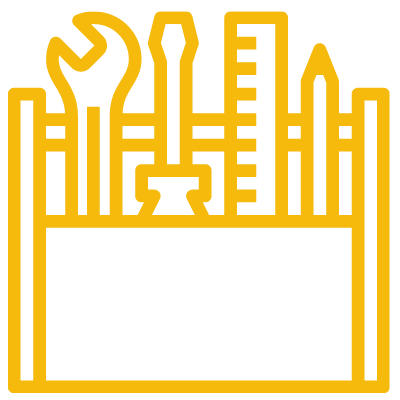FPVM 2022
2nd International Workshop on Foundations and Practice of Visual Modeling
Nantes, 4-8 July 2022
co-located with STAF 2022

Nantes, 4-8 July 2022
co-located with STAF 2022

The sheer complexity of software systems nowadays makes modeling artifacts pervasive throughout the development process, be it use requirements, analysis, design, or development. Whether models are used for communication or prescriptive purposes, their syntax and pragmatics affect usability and represent contributory factors concerning the accidental complexity. The diversity of modeling notations and approaches permits classifying them according to different taxonomies. General-purpose and domain-specific modeling languages can be created with different intended scopes, although all of them can make use of graphical, textual, maps, matrices, tables, and combinations regarding its concrete syntax. These representations have the undoubted advantage of capturing and increasing understanding of complex software systems and better grasping the rationale behind them. In essence, a visual modeling language creates a joint base for the modeler by improving their communication and lays a solid foundation for the implementation.
FPVM 2022 aims to promote and foster discussions on many aspects of visual modeling languages, including novel and visionary ideas and techniques, notations for the generations of support tools for visual languages, the usability of tools and meta-tools.

Topics of interest are but are not limited to
We solicit papers of the following types:
Contributions must be written in English, adhere to the CEUR Style single column, and be submitted through EasyChair. All submissions must be original work and must not have been previously published or being under review elsewhere.
The accepted papers will be published to the joint volume of proceedings for the STAF 2022 satellite and co-located events published with CEUR-WS
For each accepted paper and abstract, at least one of the authors must register for the workshop, participate fully in the workshop, and present the paper at the workshop.
A selection of best papers will be invited to submit extended versions for tentative publication in a Special Section of the Journal of Computer Languages published by Elsevier.
Amleto Di Salle, University of L’Aquila, L’Aquila, Italy
Copyright © 2020 Template by Inovatik